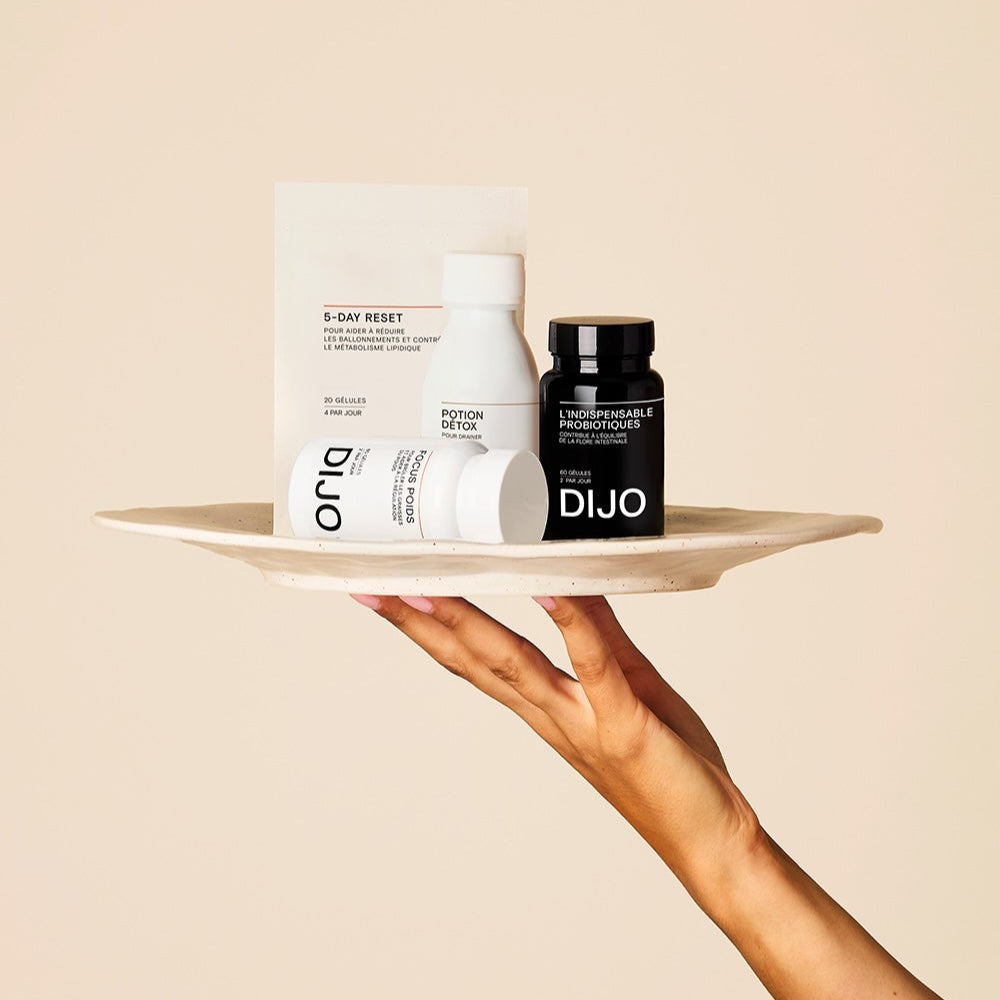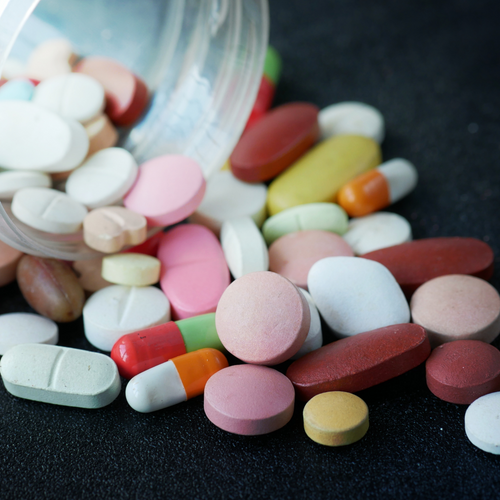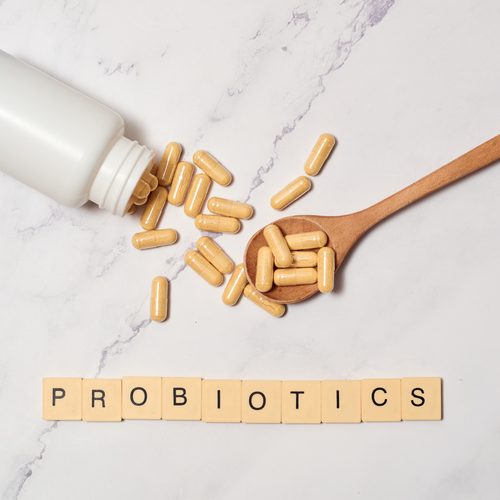Regularphysical activity is one of the pillars of good health. Physical activity is the set of body movements produced by the muscles and resulting in an energy expenditure greater than that expended at rest. It includes sports activities (fitness, weight training, swimming, etc.) and daily exercises (sitting, walking, climbing stairs, household chores, etc.).
How to organize your nutritional plan when you practice physical activity?
To best manage your nutritional timing in relation to your sporting activity, you will need to take several factors into account, namely:
- The type of meal: whether it is a classic meal or a snack
- Selected foods: rich in carbohydrates, proteins or lipids?
- The digestion time of these foods
- The caloric value of the meal or snack
- The type of effort to be performed: aerobic, anaerobic, flexibility and mobility, or balance and coordination
- The intensity of the effort: rather light, moderate, high or very high?
Eat before exercise
Food is our body's fuel. It's our source of essential nutrients and energy throughout the day. As a serious athlete, it's crucial to know how to properly organize your food intake to maximize your performance.
What are the benefits of eating before a workout?
Indeed, you shouldn't train on a full stomach, but you do need to have enough energy available. The trick is knowing how to choose the right foods and adapting the quantity to the type of session you plan to do. It's recommended to bring energy if you plan to do a session lasting more than 45 minutes. If your diet is properly controlled, eating before your workout will allow you to:
- Facilitate muscle mass gain
- Avoid the destruction of muscle fibers
- Maintain physical effort for longer
When and what to eat before sport?
A balanced and complete meal can be eaten at least 2 to 3 hours before your workout. So if you're in a rush, opt for a snack that can be eaten 30 minutes to 1 hour before training.
For a quick energy boost right before your workout, carbohydrates are your best friend. They're our body's main source of energy. Once absorbed by your body, they're converted into glucose, which can be used immediately or stored in the muscles and liver for later use. Plus, they digest relatively quickly, so opt for fruit, like bananas, or a cereal bar instead.
Exercising on an empty stomach
If weight loss is your goal, exercising on an empty stomach can help. This is because you're tapping into your energy reserves, particularly fat. However, fasted workouts should be of low or moderate intensity because you risk putting your body under strain.
What are the benefits of exercising on an empty stomach?
Intermittent fasting is becoming increasingly popular, meaning you don't eat for 8 to 12 hours. Exercising on an empty stomach prevents you from using the carbohydrates you ate during your last meal, and instead draws on your lipid reserves , or fats. A second advantage is that it prevents discomfort and digestive problems during your workout.
What are the risks of exercising on an empty stomach?
When practiced too intensively, exercising on an empty stomach can be risky. The two main risks are, of course, hypoglycemic attacks (fainting, dizziness, loss of balance), but also muscle loss. Indeed, after drawing on your fat reserves for energy, the body will draw on your protein stores located in your muscles. This increases the risk of muscle injuries. It is strongly recommended that diabetics do not exercise on an empty stomach.
How to exercise safely on an empty stomach
It's important to know your body and its limits before exercising on an empty stomach. To begin, it's recommended to start with short workouts of moderate or even low intensity. Additionally, the night before, it's recommended to eat starchy foods rich in complex carbohydrates, such as whole-wheat pasta, quinoa, or brown rice.
Eating after exercise
What are the benefits of eating after a workout?
To recharge your batteries and regain strength, you need to eat! Indeed, your muscles continue to be active for 30 minutes after exercise. You must therefore ensure that you provide them with nutrients to promote their regeneration and development. Your body having suffered heavy losses, it will be able to absorb nutrients very efficiently, particularly proteins and carbohydrates for around 4 hours: this is the metabolic window .
When and what to eat after a workout?
If you want to eat something after your workout, wait until your heart rate drops below 80 beats per minute.
Obviously, protein intake plays an essential role in muscle development and post-exercise recovery. It is recommended to eat carbohydrates (oat flakes, rice and fruit) but especially proteins (chicken, eggs and cottage cheese) after a workout , because the effort of digestion and assimilation of proteins requires energy from the body. It is better to preserve this energy for muscular activity, which is a priority. Finally, remember to hydrate yourself , especially after sport because you have lost a lot of water and minerals during the effort.



















